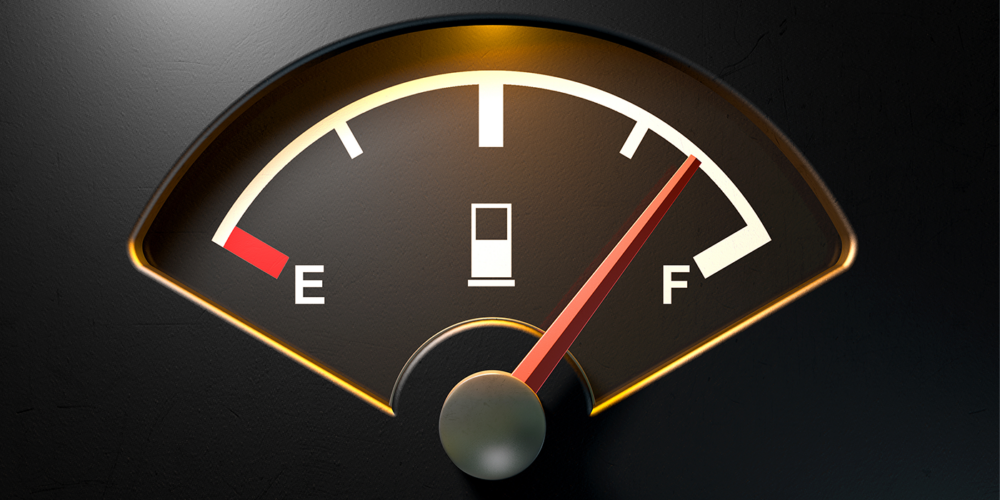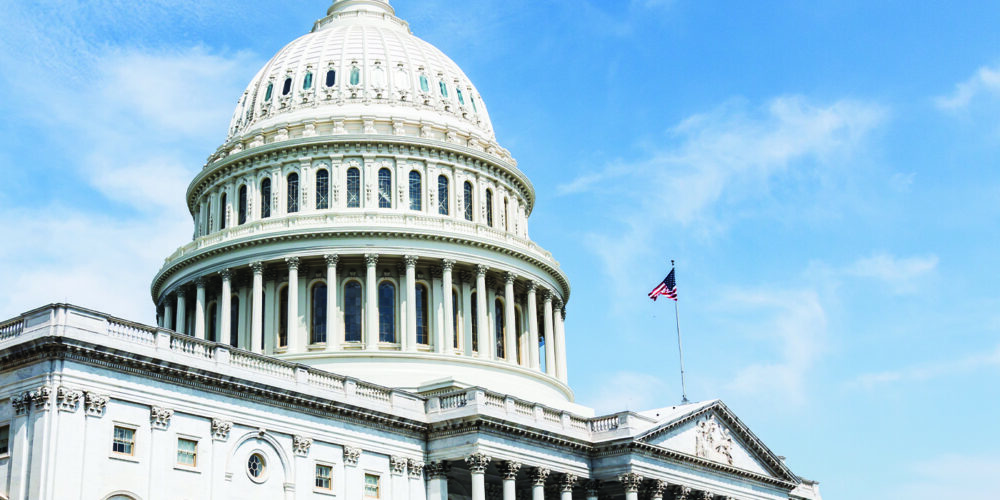The U.S. Department of Transportation’s National Highway Traffic Safety Administration issued a proposal Friday to update fuel economy standards for passenger cars and light trucks. The preferred alternative in NHTSA’s proposal includes a 2% per year improvement in fuel efficiency for passenger cars, and a 4% per year improvement for light trucks, beginning in model year 2027 and ramping up through model year 2032, potentially reaching an average fleet fuel economy of 58 miles per gallon by 2032.
NHTSA said a 60-day public comment period will begin after the proposal is published in the Federal Register. The agency said it will engage with a broad set of stakeholders during this period. The proposal is slated to drive fuel efficiency improvements for heavy-duty pickup trucks and work vans.
If finalized as proposed, NHTSA said the updated standards would save Americans hundreds of dollars at the pump, all while making the US more energy secure and less reliant on foreign oil. NHTSA estimates that the combined benefits of its proposal exceed costs by more than $18 billion.
“Better vehicle fuel efficiency means more money in Americans’ pockets and stronger energy security for the entire nation,” U.S. Transportation Secretary Pete Buttigieg said.
NHTSA said the proposed fuel economy standards align with the Environmental Protection Agency’s (EPA) recently proposed emissions standards for similar vehicle fleets. NHTSA said it will coordinate with the EPA to optimize the effectiveness of its standards while minimizing compliance costs, consistent with applicable statutory factors.
The agency said the proposed rule also sets targets that are consistent with Congress’ direction to conserve fuel and promote American energy independence and American auto manufacturing, while providing flexibility to the industry on how to achieve those targets. Though NHTSA does not take electric and other alternative fuels into account in setting the standards, manufacturers may use all available technologies – including advanced internal combustion engines, hybrid technologies and electric vehicles – for compliance, NHTSA said.
If finalized as proposed, NHTSA said this alternative would:
- Save consumers more than $50 billion on fuel over the vehicles’ lifetimes.
- Reduce US dependence on oil by saving more than 88 billion gallons of gasoline through 2050.
- Prevent more than 900 million tons of CO2 emissions – the equivalent of taking more than 233 million vehicles off the road from 2022 through 2050.
You can read the proposal here.











